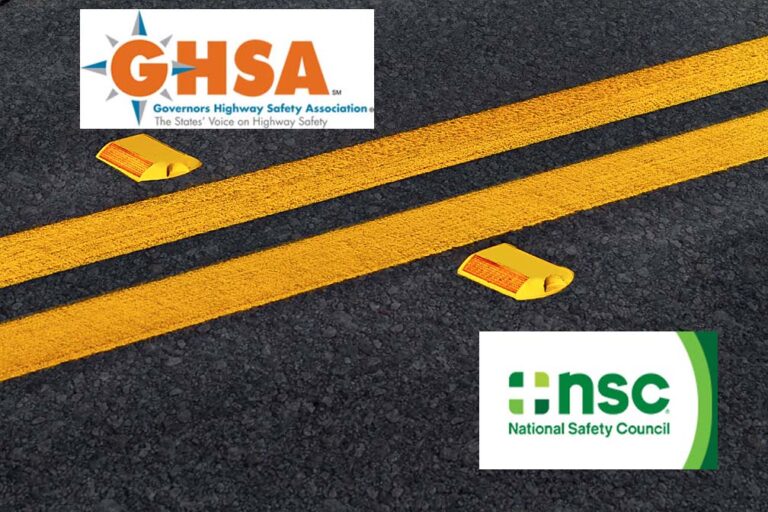ITASCA, Ill. — The National Safety Council (NSC) and the Governors Highway Safety Association (GHSA) said that Friday’s passage of the nation’s infrastructure bill is taking a much-needed step forward in improving highway safety.
As deaths on the road continue to rise, the NSC said there has been a need for “a united, national response to this public health crisis in order to save lives.”
“NSC data show traffic fatalities are climbing, with more than 42,000 people estimated to have died on the roads in 2020 and another 21,000 in the first six months of 2021,” said Mark Chung, NSC vice president, roadway practice.
“One life lost in a roadway crash is devastating enough, much less thousands, and the provisions included in this bill are vital to saving lives. NSC is committed to working with Congress and the Department of Transportation to do that and ultimately bring that number to zero.”
GHSA said it is urging the U.S. Department of Transportation to quickly implement the safety provisions included in the infrastructure plan, including initiating new rulemakings on federal grant programs, passive alcohol detection technology and other vehicle safety measures.
Many provisions included in the legislation are a reflection of the NSC’s Road to Zero report issued in 2018. In it, the NSC called on policymakers and others to follow its three pillars for roadway safety: double down on what works, advance technology and prioritize safety with a safe system approach.
Some of these provisions include:
- Implementation of the safe system approach in roadway design, acknowledging that people make mistakes and the cost of those mistakes should not be death
- Requiring passive, advanced impaired driving prevention technology to prevent impaired driving within three years
- Prioritizing safe mobility for all roadway users, including vulnerable road users like pedestrians and cyclists
- A Safe Streets and Roads for All grant program that will provide funding to states and localities to develop or implement Vision Zero and Toward Zero Deaths plans
- Increased funding for states to improve traffic safety laws
- Supporting automated enforcement in roadway work zones
- Improving crash data collection overall, including support for near real-time crash reporting and incorporating the National EMS Information System more fully into crash reporting
- Adding policy-substance impaired driving and the presences of advanced driver assistance systems to crash reporting documentation
- Requiring within two years rear seat alerting technology in vehicles to alert for children remaining in the backseat after a vehicle is turned off
- Supporting flexibility in safety funding
- Improving data collection on impaired driving crashes for alcohol, drugs and multi-substance impaired crashes and improving toxicology testing from those crashes
- Establishing minimum performance standards for life-saving ADAS technology
- Updating the New Car Assessment Program (NCAP) to include more safety features
- Studying rural roads and strategies to improve safety for all users
- Funding training of child passenger safety technicians in underserved communities
- Replacing the word “accidents” with “crashes” in the U.S. Code
“With the number of traffic fatalities going up, not down, this legislation gives states access to substantially more federal grant funds to stop dangerous driving and improve safety infrastructure,” the GHSA’s statement said.
“Congress has eased requirements to allow more states to qualify for federal safety grants and authorized the use of federal funds for a wider array of safety activities. The Act also cuts federal red tape and removes bureaucratic hurdles that continue to hinder safety initiatives.”
The NSC added: “(Eliminating) the leading causes of preventable death and injury, focusing our efforts on the workplace, roadway and impairment … (will) create a culture of safety to not only keep people safer at work, but also beyond the workplace so they can live their fullest lives.”
The Trucker News Staff produces engaging content for not only TheTrucker.com, but also The Trucker Newspaper, which has been serving the trucking industry for more than 30 years. With a focus on drivers, the Trucker News Staff aims to provide relevant, objective content pertaining to the trucking segment of the transportation industry. The Trucker News Staff is based in Little Rock, Arkansas.








